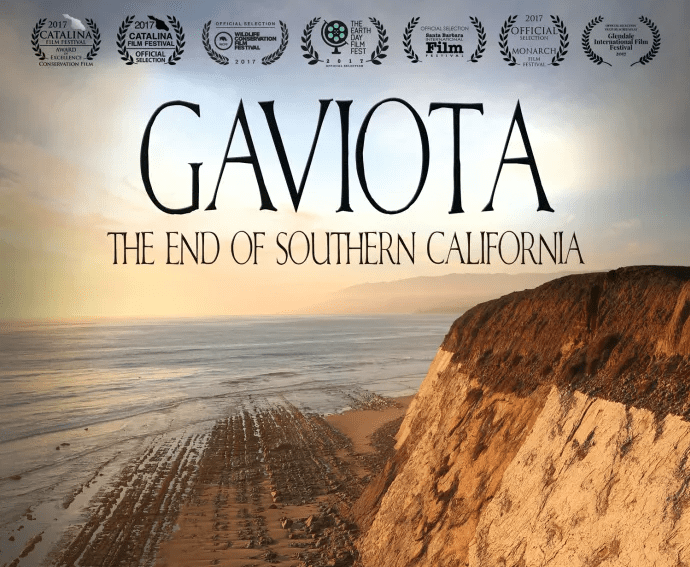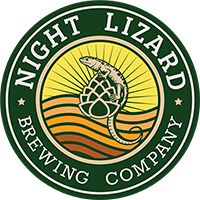
12 Aug Gaviota Double Feature Movie Screening at Night Lizard
Events, Geology, Uncategorized, Wildlife /
BY JANET KOED ON JULY 28, 2021
What is a Night Lizard?
A night lizard could be a small local reptile rescued from the brink of extinction, or it could be the Santa Barbara craft brewing company, showing a special documentary wildlife film of the Gaviota Coast on Wednesday, August 4, 2021 at 7 pm. Both are intriguing.
According to an article in Scientific America, “Extinction Countdown”, by John R. Platt, the island night lizard (Xantusia riversiana) is a rare reptile found only on a few of our Channel Islands. This night lizard originally faced threats from nonnative species such as goats, pigs and feral cats. The National Parks Service teamed up with the US Navy to remove the human-introduced invaders on the islands of San Clemente, Santa Barbara, and San Nicolas. After completing the project in 2010, night lizard populations have recovered to the point of being removed from the endangered species list.
To learn more about our Gaviota wildlife while tasting local craft beers, come to Night Lizard Brewing Company on Wednesday, August 4. They’re committed to producing the highest quality craft beers using the freshest local ingredients while inspiring and educating the public on current environmental challenges facing the Central Coast
WHAT:
A Wednesday night double feature movie screening of
GAVIOTA: The End of Southern California
a full-length documentary film about the wildlife resources we need to protect and
Losing Ground
a short film made by UCSB students in the Blue Horizons program that highlights the challenges local small farmers face with encroaching urbanization.
WHEN:
Wednesday, August 4 at 7:00pm (first bag of popcorn is free)
WHERE:
Night Lizard Brewing Co.
607 State St, Santa Barbara , CA
WHY:
Gaviota Coast Conservancy believes innovative regenerative agricultural projects can coexist with wildlife protections on our local Gaviota Coast. Visit www.gaviotacoastconservancy.org to see how we work protect a wildly rich part of our local coastline

